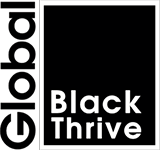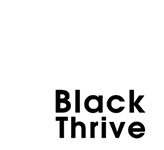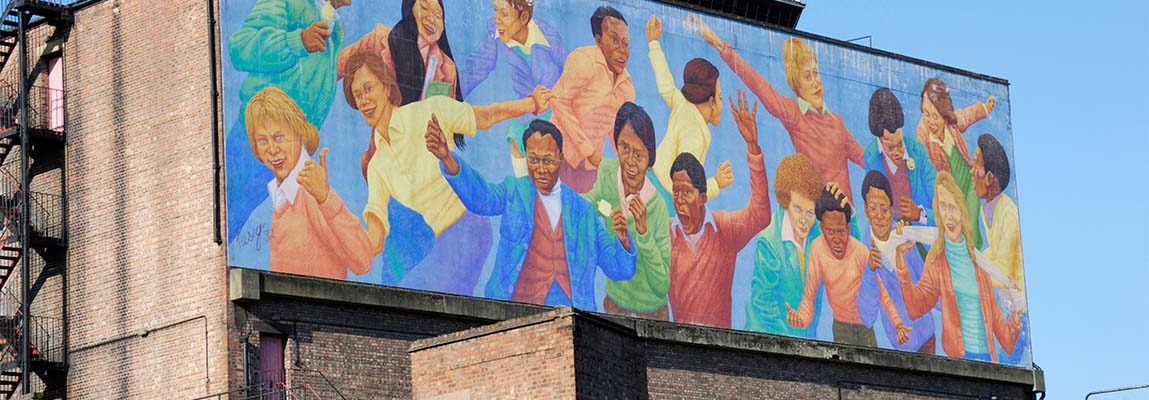About Our Research
"Never be limited by other people's limited imaginations." —Dr. Mae Jemison
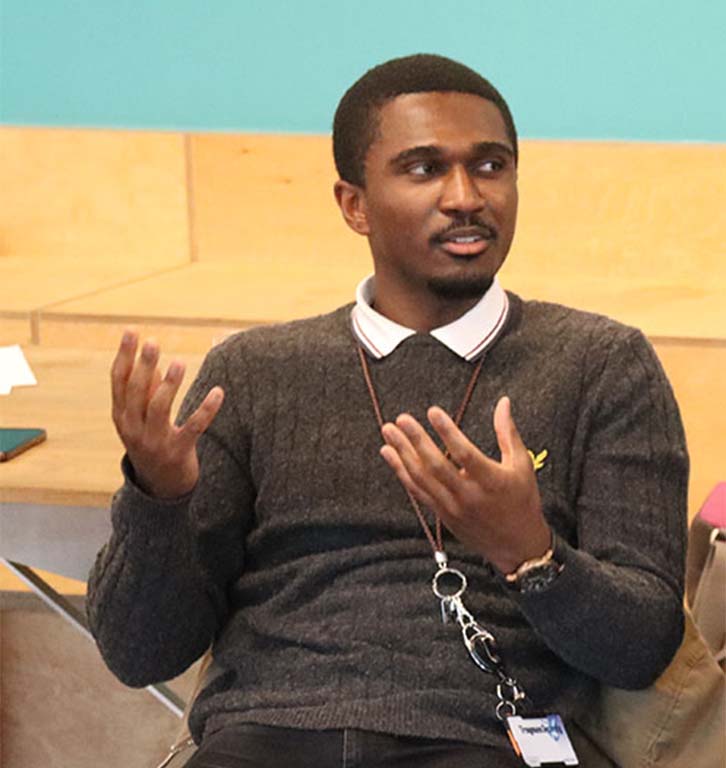
BT Global
Our Rationale
Despite claims from public sector institutions of evidence-based policy, little progress has been made on racial equality over the past decades in a range of domains for Black people. Many factors are responsible for the lack of progress including the lack of diversity in evidence-making professions, lack of focused evidence about the experiences of Black people and the prevalence of mental models which equate ‘White’ with ‘normal’.
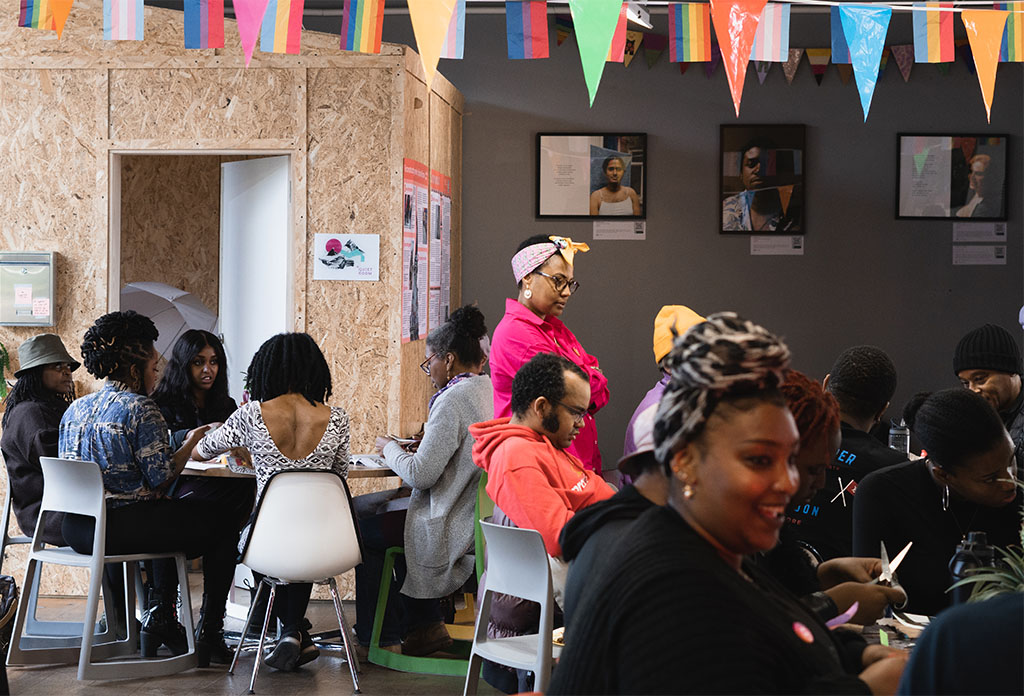
BT Global
Our Ambition
To address this, the Black Thrive Research Institute and Observatory (RIO) was established in 2021 with the aim of becoming an authoritative voice on data, developing the collective conceptual resources required for Black Liberation, and generating meaningful systems change through Black-led research insights.
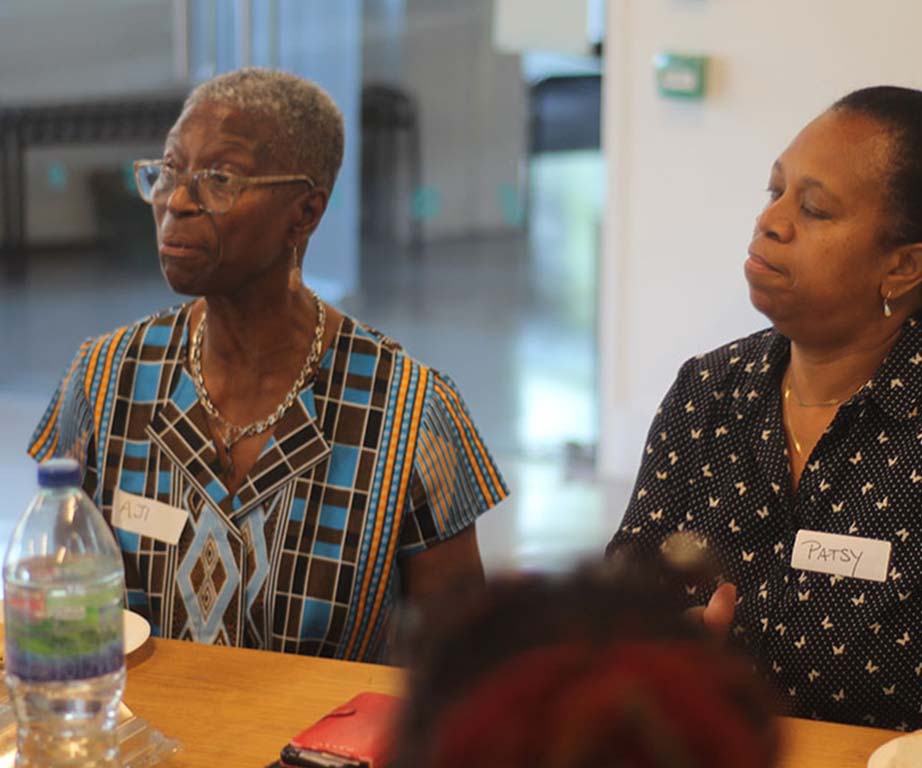
BT Global
Our current research areas
In the two years since The Black Thrive Research Institute and Observatory was established, there have been five notable breakthroughs that demonstrate the potential of the Black Thrive Research Institute and Observatory:
Shared Measurement System on Black Wellbeing:
The formation of a new ‘shared measurement system’ (SMS) that allows for the development of an observatory on the health, well-being, and barriers to the flourishing of Black people in the U.K. This dynamic reporting system allows us to assess progress towards the eradication of institutional racism and its effects on Black people. You can see our Lambeth SMS here.
Unveiling Police Stop and Search Patterns through Data Science Analysis:
A radical repository of data on patterns of police stop and search using data science methods to programmatically extract and analyse approximately 1.5 million individual-level records from the Police and make the data accessible to the public. Funds from the Wellcome Trust allow the research team to develop a dashboard which provides the statistics for each area broken down by ethnicity. The core methodology developed from this project can be applied to other structural challenges, such as child protection and mental health sectioning procedures. The data, methods and scripts developed from this project are all open source from inception. You can view this dashboard here.
-
Addressing Maternal Deaths Among Black Women:
In collaboration with Ratio, research was conducted to address the issue of disproportionate maternal deaths among Black women in Birmingham and Solihull and explore a holistic approach to understanding the underlying causes of alarming disparities and potential solutions, significant for informing reforms in how systems operate.
-
Innovative Approach to Record Hypertension:
The co-design of an innovative approach to recording hypertension, the largest risk for cardiovascular disease among older Black people. In partnership with NHS England and Brixton Immortals Dominoes club, dominoes competitions were sponsored, attracting the target population of older Caribbean people. At each competition, participants had the opportunity to measure their blood pressure and get feedback on effective prevention and early intervention. This intervention detected hypertension that may not have been detected otherwise and we suspect that, if culturally informed incidental health checks were rolled out more widely the intervention would significantly increase the case-finding rate among the Black Caribbean population. You can read more about the initiative.
-
Repurposing Data Through a Black Lens for Systems Change:
The repurposing of data collected on Black people by public systems, including case notes, focus groups and other qualitative data. For example, our re-analysis of focus group data commissioned by the Birmingham and Solihull NHS Trust on Black people restrained in secure facilities shows how service users are focused on liberation, being close to home and connected to loved ones, indicating several simple but powerful leverage points for system change. These insights were missed by the system but revealed by applying a Black lens and interpretive repertoire to qualitative data collected by public systems.
We believe in order to achieve our aims, our work should be available for others to comment, critique and replicate. You can follow our quantitative work on Github.

